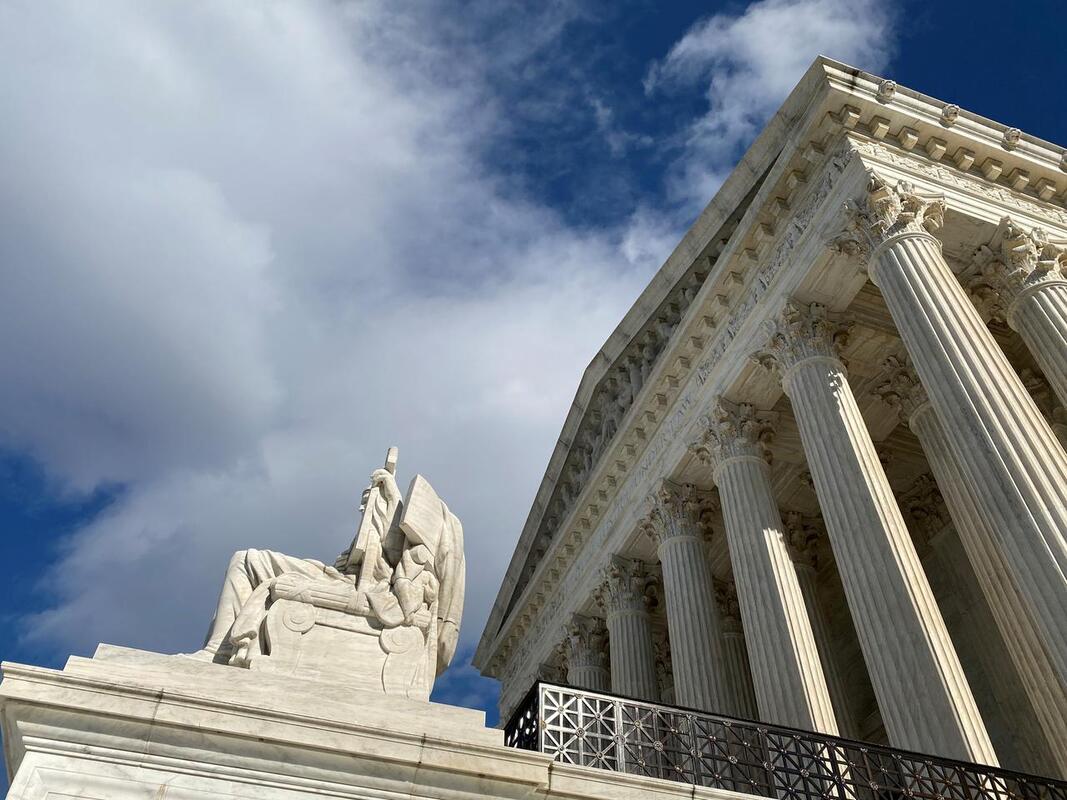The Trump administration can implement a new Public Charge policy that penalizes immigrants who may need public benefits while a legal challenge continues, the U.S. Supreme Court held on Monday, January 27, 2020.
The Supreme Court in a 5-4 vote Monday cleared the way for the Trump administration to make it more difficult for low-income immigrants seeking to come to or trying to remain legally in the United States. The so-called public charge rule, unveiled in August 2019, impacts people who rely on public assistance, including most forms of Medicaid, food stamps and housing vouchers.
Monday's order means the rule can go into effect in every state, pending appeal, except for Illinois which is covered by a separate injunction.
The rule will affect people who are trying to obtain lawful permanent status, otherwise known as a green card. To that end, the rule has the potential to reshape legal immigration by limiting access to green cards for lower-income immigrants.
Under current regulations put in place in 1996, the term is defined as someone who is "primarily dependent" on government assistance, meaning it supplies more than half their income. But it only counted cash benefits, such as Temporary Assistance for Needy Families or Supplemental Security Income from Social Security. The administration's new rule widens the definition of who is expected to be dependent on the government by including more benefit programs.
It's hard to know exactly how many people would be affected by the regulation because it's largely subject to the discretion of the officer who will take into account whether someone is likely to become a public charge.
Read more here.


 RSS Feed
RSS Feed